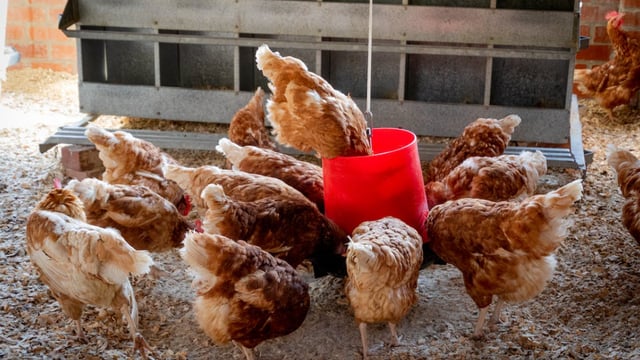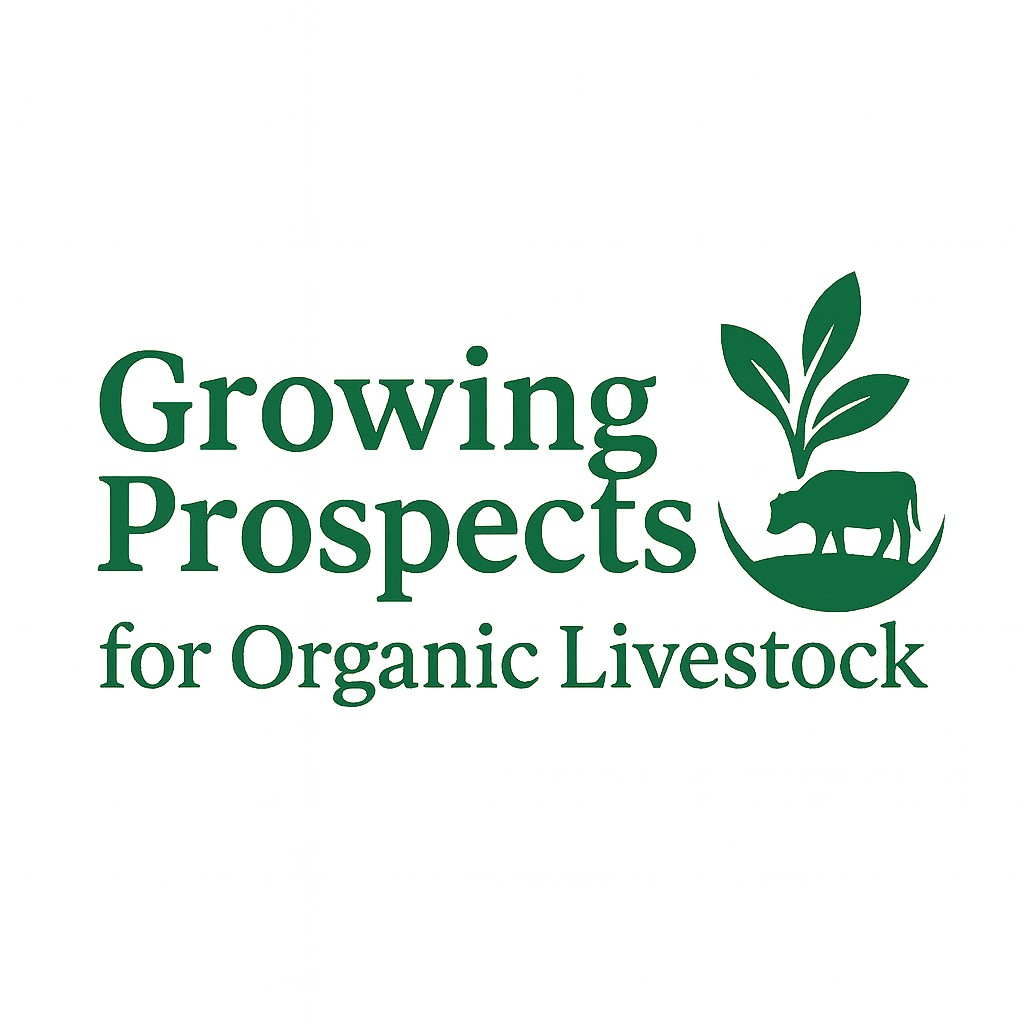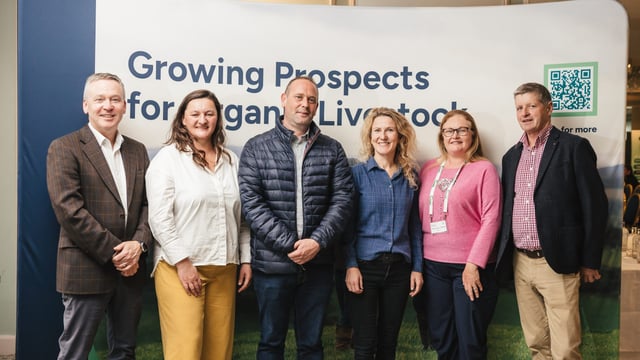EIT Food outlines ways for livestock industries to reach net zero
A new report published by EIT Food in collaboration with Innovate UK Knowledge Transfer Network (KTN) has outlined six recommendations to help the livestock industry achieve a full transition to net zero.
EIT Food, supported by the European Institute of Innovation and Technology (EIT), said one major challenge the report outlined is that greenhouse gas (GHG) data is not currently being captured from the majority of farms in the UK and Ireland.
The sustainable food innovator has said that, while the report focuses on the UK and Ireland, the recommendations could be relevant across the global livestock industry.
Priority recommendations include the urgent need for an internationally agreed and standardised measurement system to monitor GHGs from the livestock sector, so that the effects of any changes or interventions can be monitored and verified over time.
The six priority areas identified and recommended in the paper are:
- Urgent standardisation of GHG data for benchmarks and baselines. This is vital to allow the effects of any changes or interventions to be monitored and verified over time, it said;
- Optimising the age of ruminant livestock slaughter to cut methane emissions. This requires optimising the efficiency and productivity of the animals to produce the same amount of beef or milk in a reduced time frame;
- Introducing policies that reward farmers to support the transition to net zero. The involvement of farmers will be essential to support farmer engagement and confidence in proposed impact solutions, it said;
- Expanding the network of demonstrator farms to enable research, knowledge transfer and training around new technologies;
- Promoting land management strategies for net zero. This includes transitioning to agroecological or regenerative agriculture practices which are designed to enrich soils and increase biodiversity;
- Improving understanding of the complexity of carbon sequestration to ensure a holistic response.
The report aimed to highlight the diversity of systems, species and geographies across the ruminant livestock industry, recommending that a combination of solutions will be required to enable its full GHG emission-reduction potential.
Director of EIT Food North-West, Jayne Brookman, said: “The ruminant livestock industry has a critical role to play in achieving the ambition of net-zero emissions by 2050.
“In order for the ruminant livestock industry to transition to net zero, input and support will be required from all players along the supply chain, as well as adoption by farmers.
“We hope that the recommendations in this whitepaper will help a wide range of stakeholders, from farmers to investors and policymakers, to take meaningful action that will support the ruminant livestock industry to achieve net zero.”
David Telford, the head of agrifood at Innovate UK KTN, said the report provides a range of doable recommendations that can be used to help livestock industries transition towards net zero.
Undertaking this transition should be of priority to dairy, beef and sheep industries, he said, as they are the “key agriculture sectors in the UK and Ireland”.
“We’re delighted to collaborate with EIT Food and stakeholders from across industry and the research base on this activity,” he said.
The recommendations outlined in the report were generated at two workshops developed and led by EIT Food North-West with the support of Innovate UK KTN.
The workshops brought together a range of experts and key stakeholders from the livestock and agrifood industries, academia, governmental and non-governmental organisations.
These include Co-op; Rabobank; ABP Food Group; University of Edinburgh; and Enterprise Ireland, EIT Food said.





